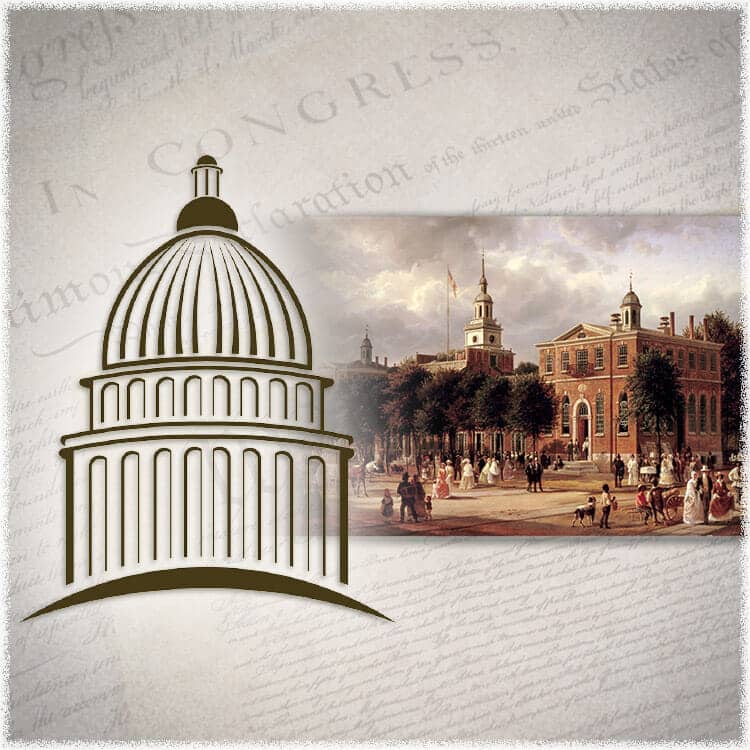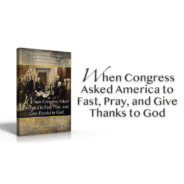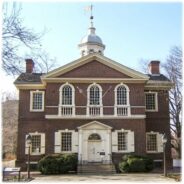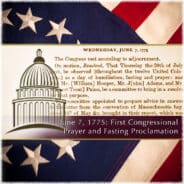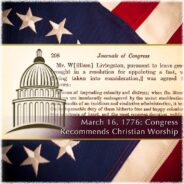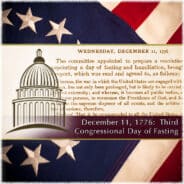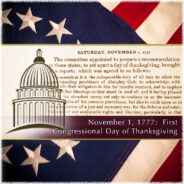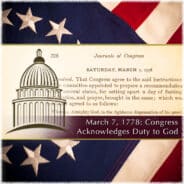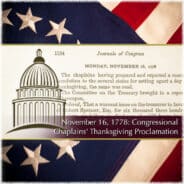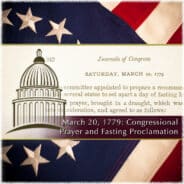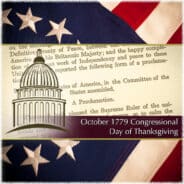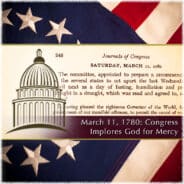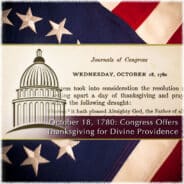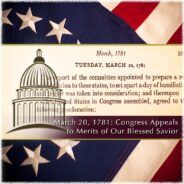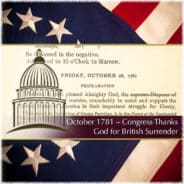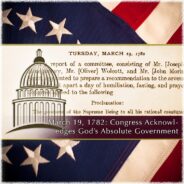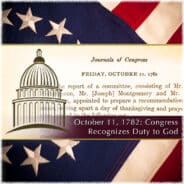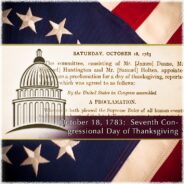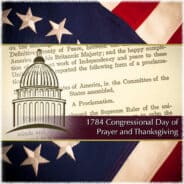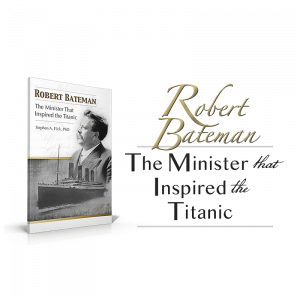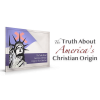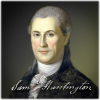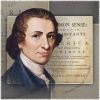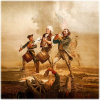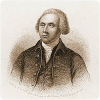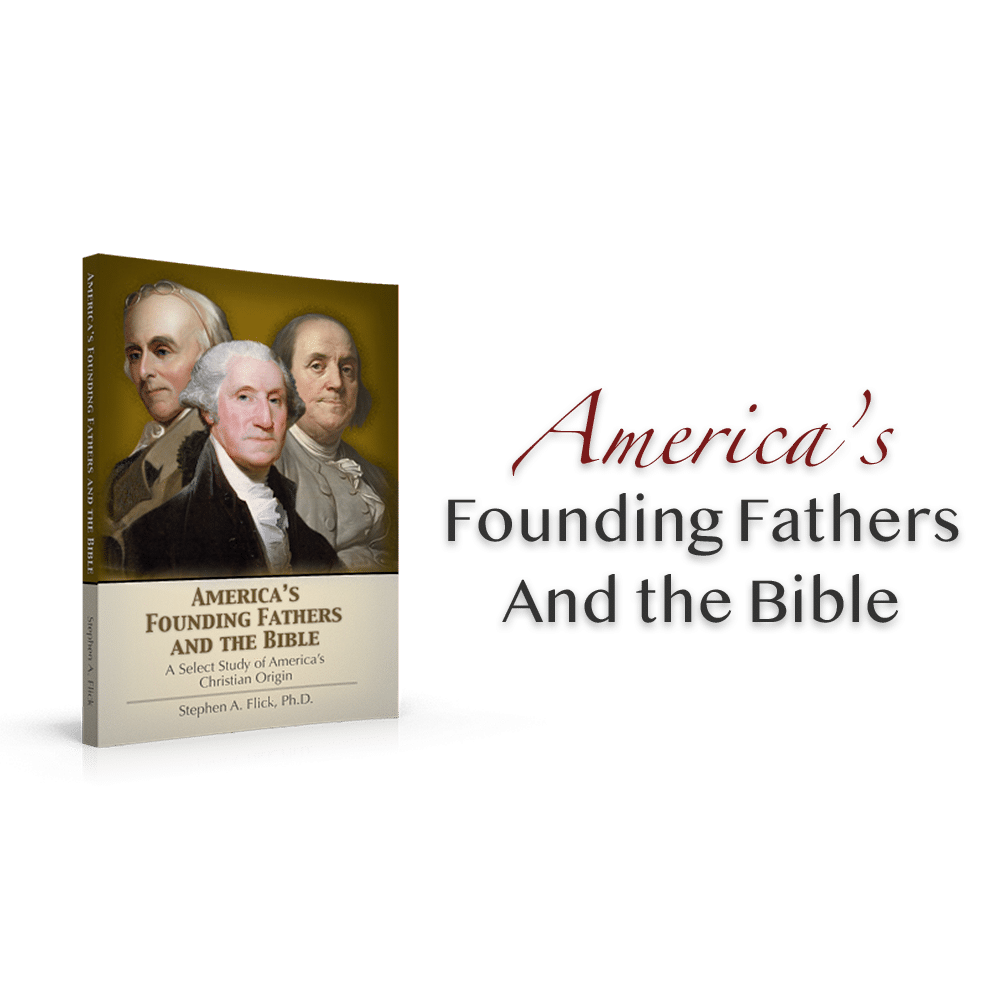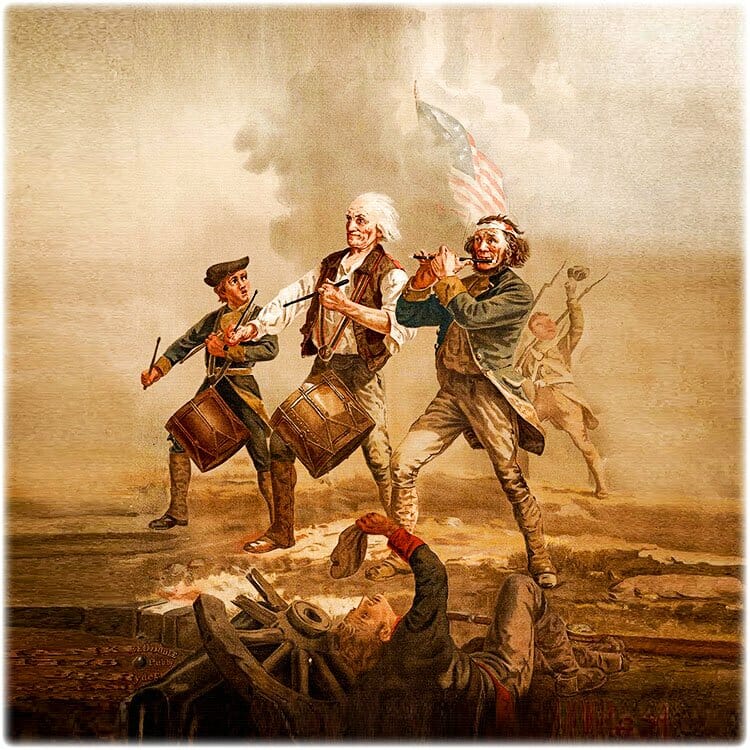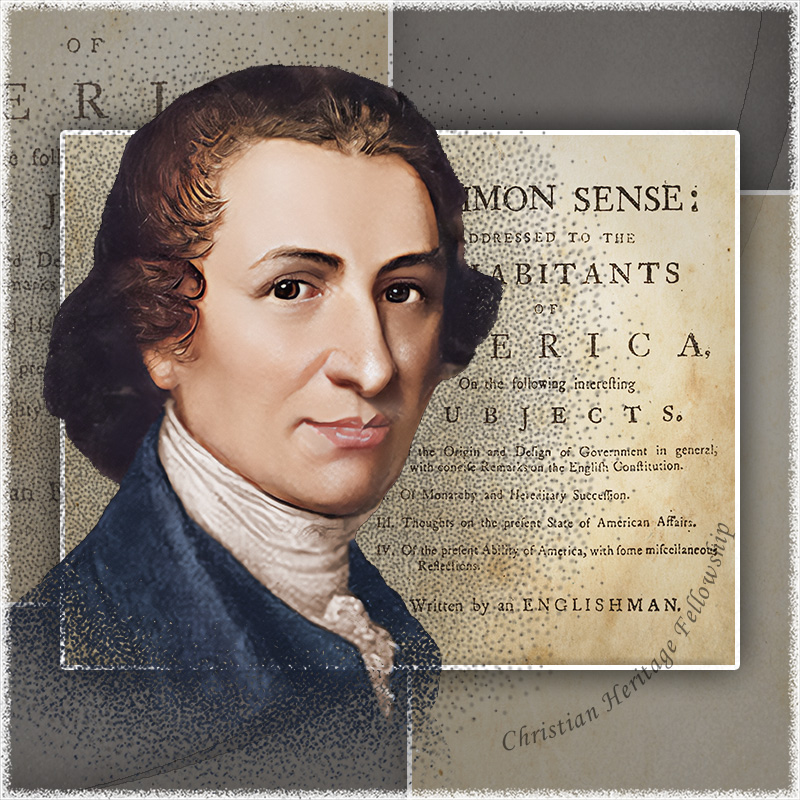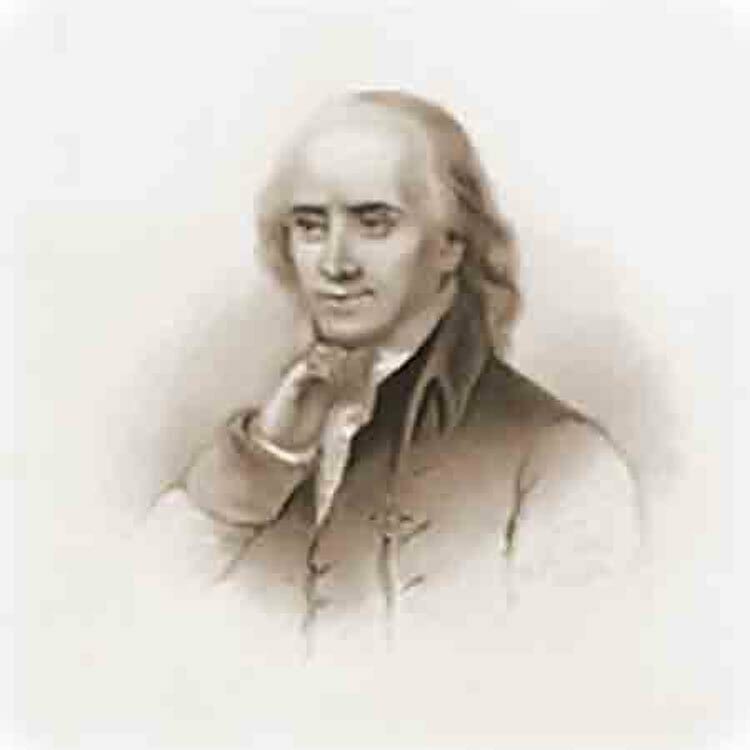From 1776 to 1784 (during the years of the American Revolution), the Congresses[1] of the United States issued sixteen separate spiritual proclamations, calling Americans to humble themselves, fast, pray, and give thanks to God. Few realize that during the American War of Independence, Congress issued spiritual proclamations to the thirteen states in which they asked citizens to seek the Lord in one of the darkest moments of the nation's history. Having been told for decades that America was birthed by deists, few Americans today can imagine that at one time Congress asked pastors to read their proclamations from their pulpits. In addition, Congress also asked that citizens cease their labor and gather into churches to observe the spiritual proclamations they issued. Citizens who truly wish to know what America's Founding Fathers were like must read the spiritual proclamations of Congress for themselves.
Because the sixteen spiritual proclamations issued by Congress during the American Revolution often combined elements of humiliation, fasting, prayer, and thanksgiving to God, only the dominant theme is listed beside the respective proclamations below. Under the influence of colonial leaders from the Northeast, the spiritual proclamations issued by Congress roughly matches the cycle observed by the New England Colonies, which included prayer and fasting proclamations in the spring with thanksgiving proclamations being issued in the fall. It is significant to observe that the spiritual climate of congressional delegates was initially set by the First Continental Congress when it began with prayer in September 1774.
Proclamation #1 – June 7, 1775: Prayer and Fasting
Proclamation #2 – March 16, 1776: Prayer and Fasting
Proclamation #3 – December 1776: Prayer and Fasting
Proclamation #4 – November 1777: Thanksgiving
Proclamation #5 – March 1778: Prayer and Fasting
Proclamation #6 – November 1778: Thanksgiving
Proclamation #7 – March 1779: Prayer and Fasting
Proclamation #8 – October 1779: Thanksgiving
Proclamation #9 – March 1780: Prayer and Fasting
Proclamation #10 – October 1780: Thanksgiving
Proclamation #11 – March 1781: Prayer and Fasting
Proclamation #12 – October 1781: Thanksgiving—British Surrender
Proclamation #13 – March 1782: Prayer and Fasting
Proclamation #14 – October 1782: Thanksgiving
Proclamation #15 – October 1783: Thanksgiving
Proclamation #16 – August 1784: Thanksgiving
[1] The "Congresses" of the United States during the time period from 1776 to 1784 include the Second Continental Congress and the Congress under the Articles of Confederation.

